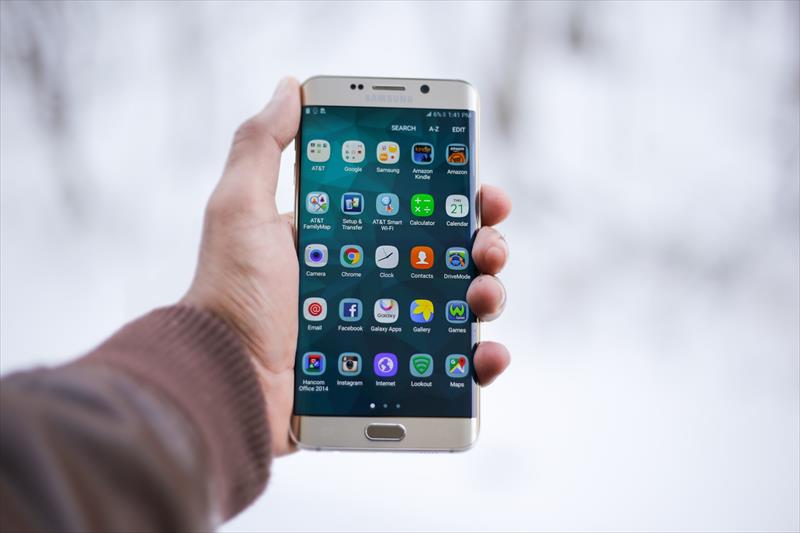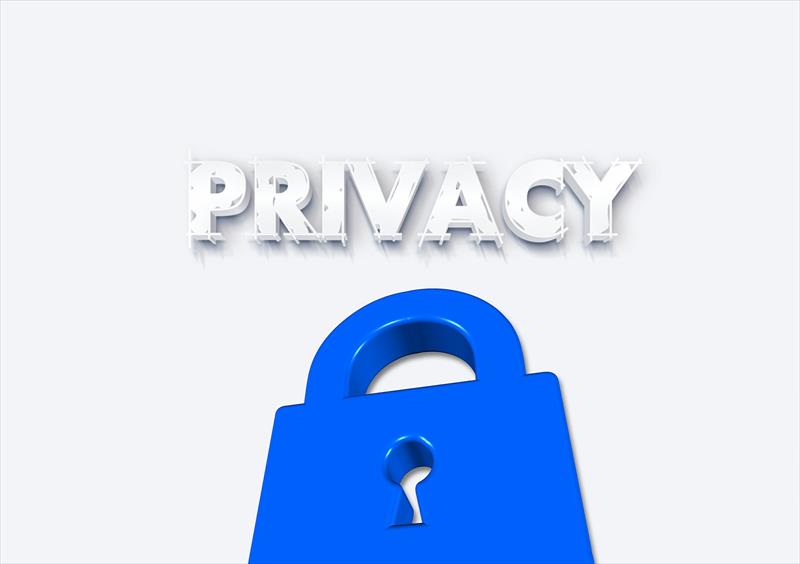You may spend a lot of money on customer acquisition and get thousands of app installs pretty quickly. But, such a large volume of downloads may not be reason enough to celebrate if the majority of users uninstall your app after the initial few days or even after the first month.
As per Silicon Valley Analyst, Andrew Chen, only 23% of the mobile app audience continue to use an app after the initial 72 hours and only 10% still use it after the first month. Clearly, it is tough to find your way in the mobile app market and, even after you do, the above statistics indicate that it will be difficult for your app to survive.
So, how can you ensure that your app continues to find space on the mobile phones of your users, even after the initial month? To do so, you need to dig deep and identify the top reasons why users uninstall apps. In this article, we take a look at these reasons and provide some viable solutions to the problems.
You may provide built-in functionality in your app to send notifications with the aim of encouraging real-time user interaction. However, this feature can also become a drawback if you overdo it. While timely notifications will keep the users informed about important new features or offers, the users may soon become irritated with repeated notifications about every new feature, in-app update, and so on.
Imagine your user is in the middle of an important telephonic conversation or WhatsApp chat or, perhaps, is anxiously waiting for someone’s message or call and your app notifications keep popping up. Such unwanted notifications tend to make your app users search for quick options to mute the notifications and, if they are unable to do so easily, they may decide to delete the app altogether.

Focus on keeping your app’s push notifications to a minimum, instead of using them indiscriminately. Also, ensure that the process to customize (decide the frequency) or mute the notifications is simple and quick so that your users do not feel the need to uninstall the app.
If your app is difficult to use and understand, your users would not be able to explore its complete functionality. Most users will only give limited time to become familiarized with an app and, if they do not find help (in the form of a user guide) at the right time, they will start looking for alternative apps in the same category.
A simple and intuitive user experience could be a game changer for your app. Also, a well-detailed user guide, along with a few tutorials for first-time users, can help your app’s users get acquainted with the app within a short time.
A few bugs for a new app may be acceptable. But, if your app continues to throw issues and even experiences freezes or crashes after every new update, it could quickly annoy your existing users and even lead to many of them uninstalling your app. At the end of the day, no user wants to continue using an app that freezes frequently or contains a lot of bugs.
Some app crashes happen due to a lack of memory on the users’ mobile devices and you cannot do much about them. However, you can prevent several bugs and app freeze issues by carrying out comprehensive testing of the app, before its release as well as prior to launching any new updates.
In this age of digital advancements, where so many cases of data intrusion attacks have taken place, your app’s users will remain cautious and take precautionary measures by uninstalling an app if they have the slightest doubt of its security. So, if your app requires too many permissions during the initial signup process, it is likely to make your users suspicious and they may then drop the idea of downloading it. Also, the users will need time to trust your app and, if they start seeing irrelevant or shady ads, they may suspect you of hosting malware and immediately uninstall your app.

As a mobile app developer, your objective should be to make the app as trustworthy as possible. You can achieve this by not showing any shady ads or pop-ups and by not asking too many permissions during the signup.
Also, you need to take your customer reviews seriously, respond to them, and work on any improvements suggested in the reviews. Doing so will go a long way in building trust among your app users and ensuring that they continue using your app for a long time.
Many app users explore new apps, while they are on the move. So, you have limited time to create a good first impression of your app. If your app requires plenty of user details even before offering a preview to the target users, it could result in many of your app consumers becoming annoyed and deciding not to install it.
At the same time, many users are uncomfortable with filling in too many mandatory fields during signup as they are worried about data privacy.
You need to ask only a limited amount of information from the users during the signup. If more details are necessary for your app, you have to ensure that the users are already interested in the app by providing an initial preview (prior to the signup).
Also, make sure that not all the fields that appear in the signup page or form are mandatory. For example, many users are not keen on connecting their social media accounts (Facebook or Twitter) with an app. So, you need not make it compulsory for the app users to share their social media details.
As an app developer, your focus should be on providing the best service to your app users and seeking feedback is an ideal way to know where you can improve. However, if you keep bombarding the users with in-app pop-ups that seek their feedback on different features or user experience or provide links to other apps (through ads), they may become irritated and decide to get rid of your app.
Although feedback is a good way to improve your app, you need to do it selectively to avoid distracting your app users, while they explore some important functionalities of the app.